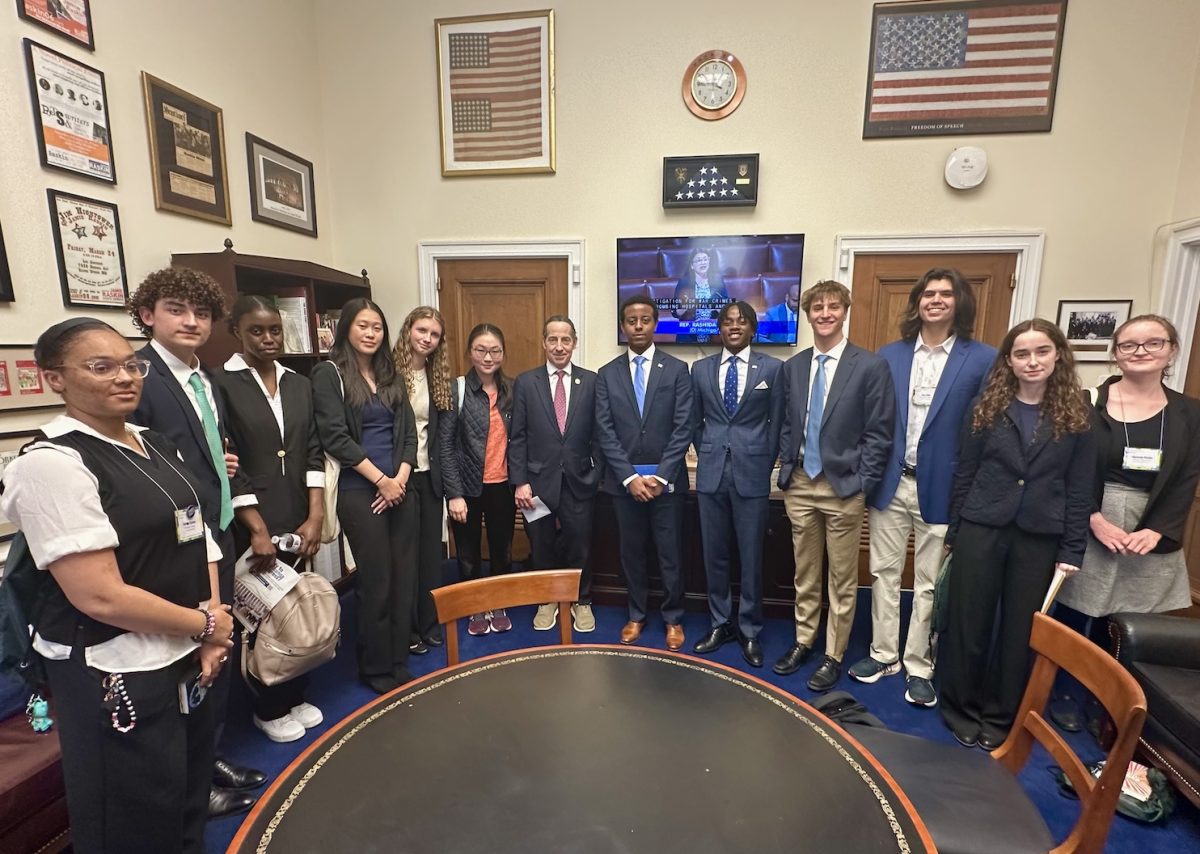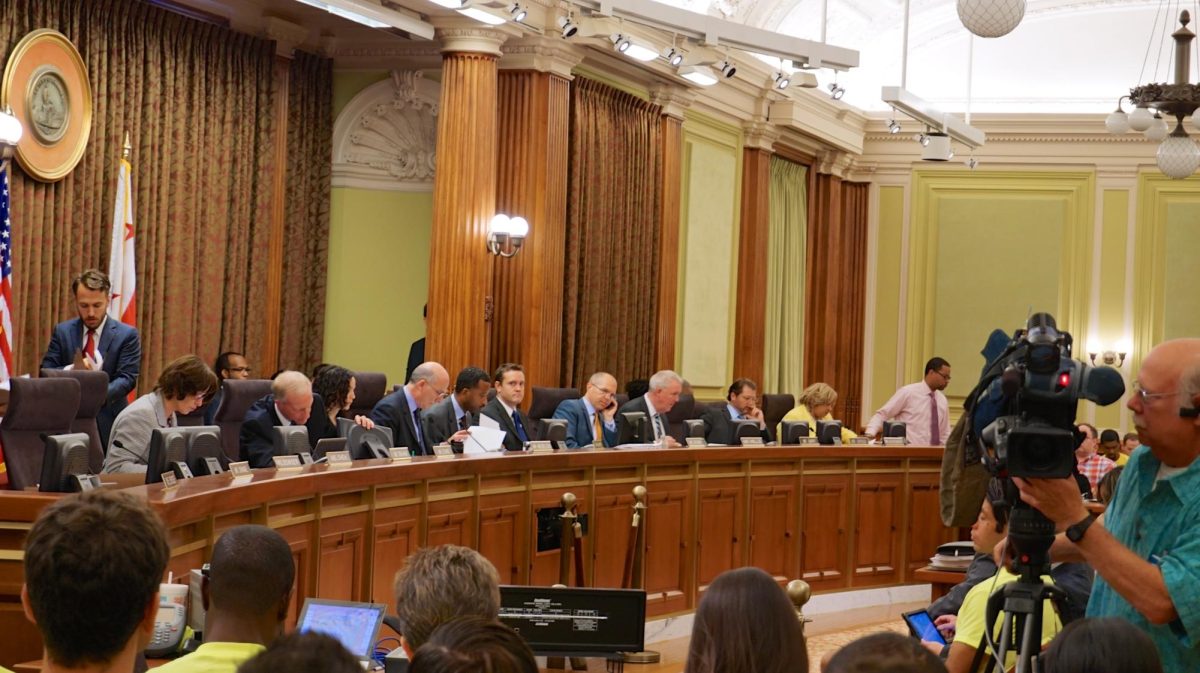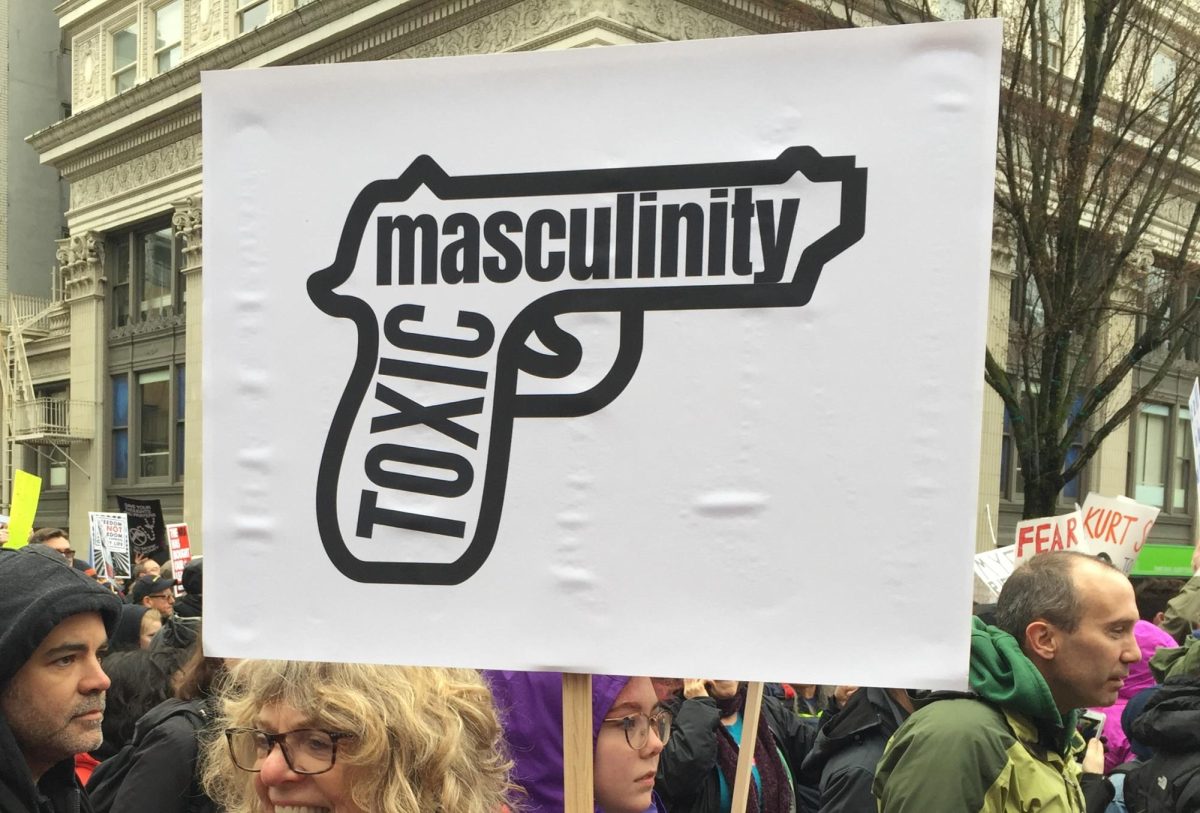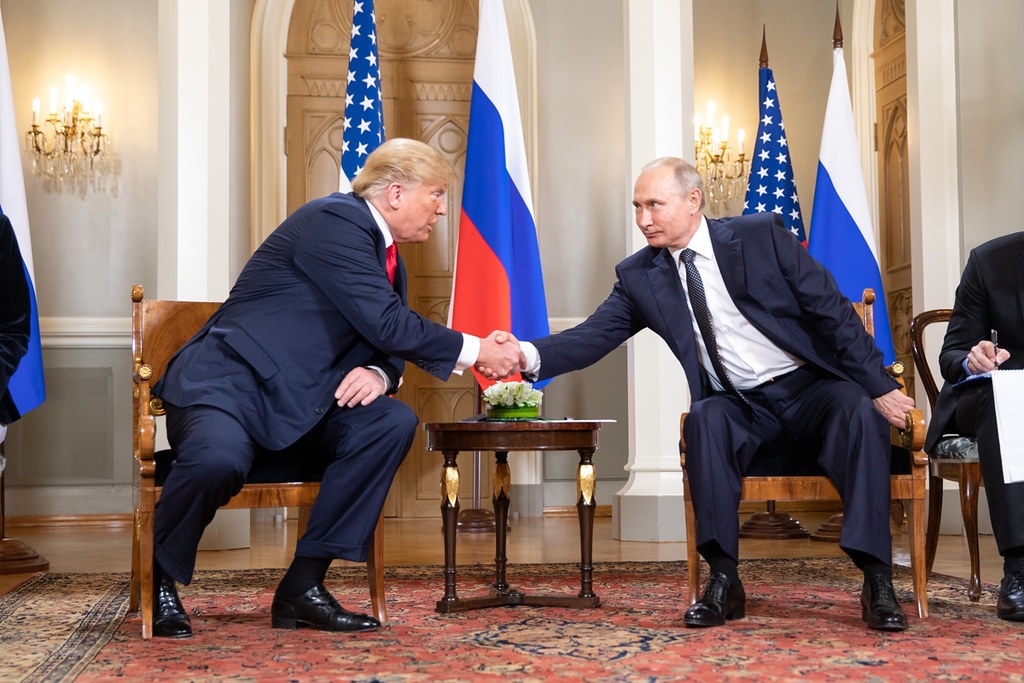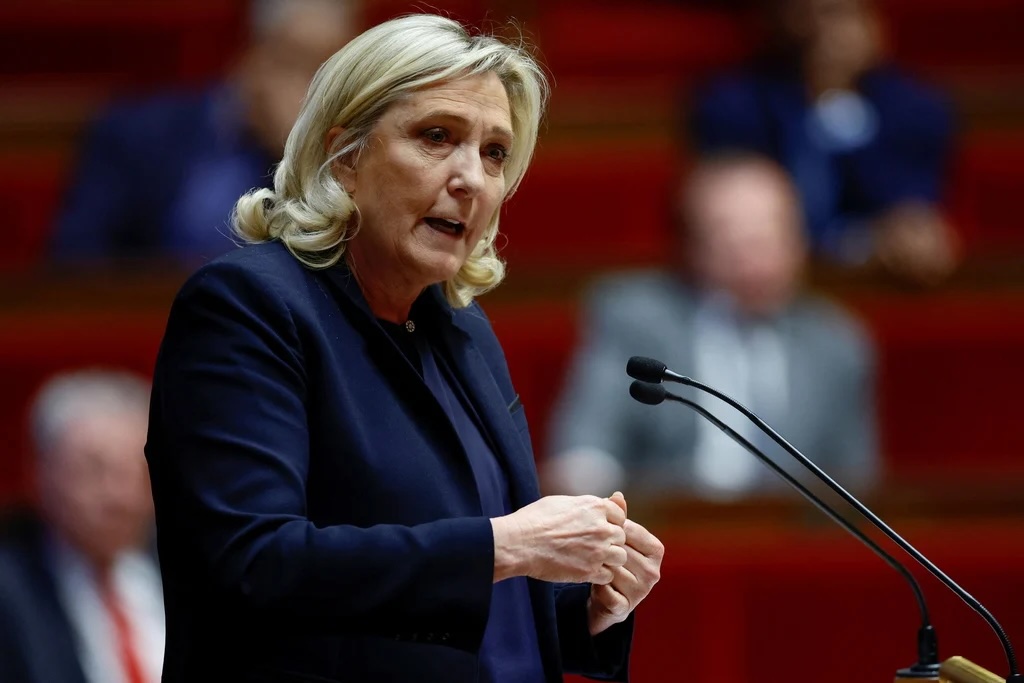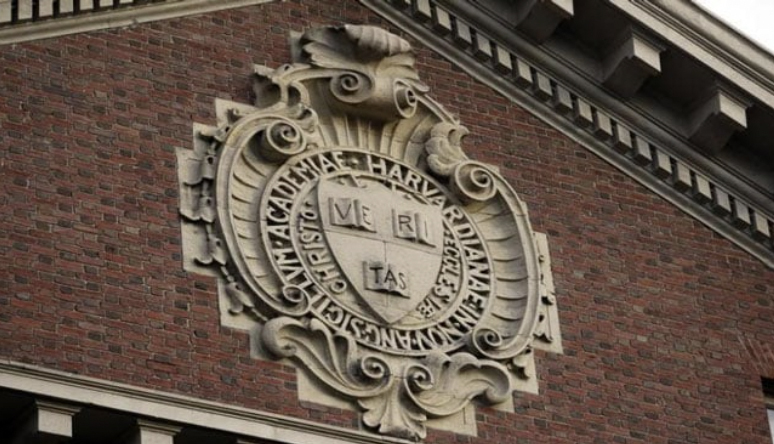Since early 2025, the Trump administration has rescinded federal funding from several U.S. colleges and universities, citing that these institutions have not been taking proper measures to prevent antisemitism following nationwide campus protests against the Israel-Hamas conflict. However, critics of the administration have noted that Trump has targeted more left-leaning universities, with Trump decrying Harvard University as a “liberal mess.” On the other hand, conservatives at these universities have noted that their views have been marginalized. As a result, the Trump administration has or has threatened to cut billions of dollars in funding for universities such as Columbia University, Harvard, Brown University, and Northwestern University.
According to journalist and Columbia professor Howard French, Trump withdrew $400 million in funding from the university and demanded that it enforce “deeply intrusive and deliberately divisive measures involving both campus policing and academic governance.” The New York Times reported that Columbia ultimately complied with the demands by strengthening campus security, tightening protest policies, and placing its Middle Eastern, South Asian, and African Studies Departments under new management. These actions garnered widespread criticism, with French commenting that “the Trump administration practically equates criticism of Israel with legally punishable antisemitism.”
However, despite Trump’s goals to prevent antisemitism, his withdrawal of funding has been an ineffective solution. Kenneth Stern, director of the Center for the Study of Hate at Bard College, clarified that while antisemitism is present on campuses, Trump’s approach only aggravates the situation. In an interview with NPR, Stern characterized the administration’s decision regarding Columbia as “a total assault on the university.” Stern asserted that rather than targeting actual harassment and threats, the administration’s decision instead attacks students’ self-expression and hurts educational institutions.
In addition, Stern explained that Trump’s withdrawal of funding could hinder free speech. Given the ongoing conflicts between Israel and Palestine, Trump’s new policies could affect students’ stances on the issue. One high-profile case under the Trump administration regarding antisemitism on campus and immigration was the detainment of Columbia University student Mahmoud Khalil in March. According to BBC News, U.S. Immigration and Customs Enforcement (ICE) agents detained Khalil for his central role in orchestrating pro-Palestine protests on campus. The Trump administration cited a law that empowered the government to deport individuals based on whether they posed a threat to U.S. foreign policy.
However, this detainment of Khalil has prompted controversy over its justifications. While the White House stated that “[Khalil] was handing out pro-Hamas propaganda,” Stern disagreed, remarking that going “after people whose speech we do not like” ultimately betrays Americans’ constitutional right to speak freely.
Lastly, Trump’s actions also misrepresent students’ opinions regarding the Israel-Hamas conflict and, in general. Stern also has worked as the lead drafter of the International Holocaust Remembrance Alliance’s definition of antisemitism. He stated that supporters of Israel have manipulated the definition of antisemitism to silence critics of Israel, adding, “When I teach, and I teach about antisemitism and I teach about Israel and Palestine, I want students to be able to say what they think… If we do not have that as the core of the American educational enterprise, we will suffer tremendously in the long run.”








